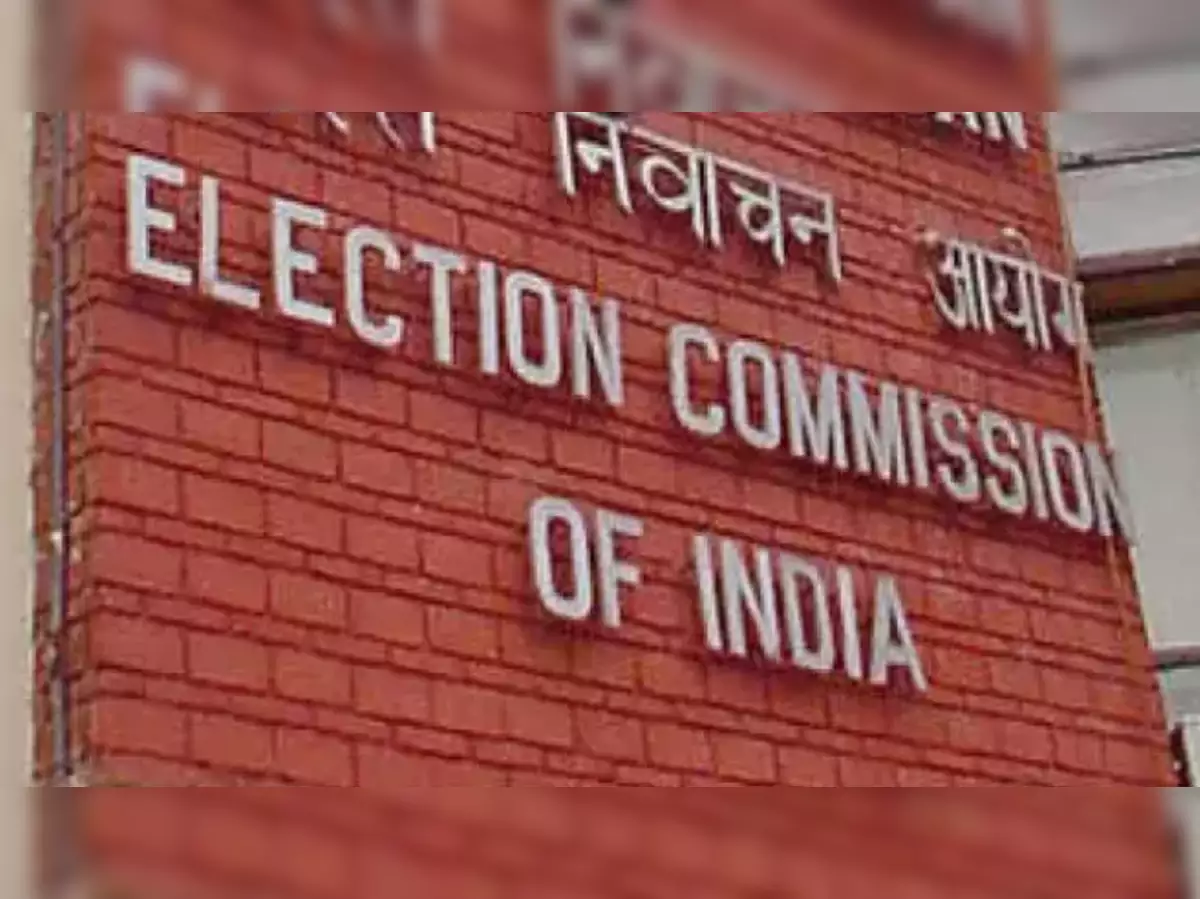Aug. 12, 2023

CONTEXT:
A vital issue of national importance dominating the headlines,PIL has been filed in the Supreme Court regarding the autonomy and neutrality of the Election Commission of India (ECI).
ABOUT THE ELECTION COMMISSION OF INDIA
It is an autonomous constitutional authority responsible for administering Union and State election processes in India.
It administers elections to the President and Vice President in the country, Lok Sabha, Rajya Sabha, and State Legislative Assemblies in India, and the offices of the Its responsibilities and powers are prescribed in the Constitution of India under Article 324.
Validity of Decisions: The decisions of the Commission can be challenged in the High Court and the Supreme Court of India by appropriate petitions.
Part XV of the constitution deals with elections, and establishes a commission for these matters.
Article 324 to 329: deals with powers, function, tenure, eligibility, etc of the commission and the members.
The commission: It consists of one Chief Election Commissioner (Currently Rajiv Kumar) and two Election Commissioners. (Currently Anup Chandra Pandey and Arun Goel)
The President appoints Chief Election Commissioner and Election Commissioners.
Tenure: They have a fixed tenure of six years, or up to the age of 65 years, whichever is earlier.
Status: They enjoy the same status and receive salary and perks as available to Judges of the Supreme Court of India.
The Chief Election Commissioner can be removed from office only through a process of removal similar to that of a Supreme Court judge by Parliament.
PROGRESS
For much of Indian democracy’s history, the ECI has performed very well, earning accolades not only from the citizens of India but the world.
The track record of most CECs was exemplary in displaying independence and neutrality, with the courage to stand up to the government of the day and it was hoped that this trend would continue.
CONCERNS;
The root of the problem lies in the flawed system of appointment of the Election Commissioners.
Another systemic problem is uncertainty over the elevation of an Election Commissioner to the post of CEC, which makes them vulnerable to government pressure.
Since all three members have equal voting rights and all decisions in the commission are taken by the majority, the government can even control an independent-minded CEC through the majority voting power of the two Election Commissioners.
B R Ambedkar’s statement about appointment: “The tenure can’t be made a fixed and secure tenure if there is no provision in the Constitution to prevent a fool or a naive or a person who is likely to be under the thumb of the executive”.
DEMAND FOR THE APPOINTMENT OF EC’s
Appointments through a broad-based consultation: There has been a demand for appointments through a broad-based consultation, including parliamentary scrutiny.
The Proposed mechanism: A collegium consisting of the Prime Minister, leader of the Opposition (LOP) and the Chief Justice of India (CJI).This system is already in operation for the appointment of the Central Vigilance Commissioner, Chief Information Commissioner and Director of the Central Bureau of Investigation.
The probable benefit of this mechanism: This will obviate the possibility of allegations against the incumbent of being partisan to the government. Opposition parties would not be able to raise a finger against the incumbent since the LOP would be a party to the selection.
Collegium system for appointing Election Commissioners: In its 255th Report, the Law Commission of India also recommended a collegium system for appointing Election Commissioners. Political stalwarts and many former CECs including BB Tandon, N Gopalaswami, TS Krishnamurthy supported the idea.
Extending protection to Election Commissioners: At present, only the CEC is protected from being removed (except through impeachment). One has to remember that the Constitution enabled protection for the CEC as it was initially a one-man Commission. Logically, this should have been extended to the other two Commissioners, who were added in 1993, as they collectively represent the ECI.
WAY AHEAD
Questions raised about the ECI’s credibility are worrying: An ECI with the consent of both the government in power and the Opposition stands a far better chance of convincing the nation and all parties contesting elections of its neutrality and impartiality.
The Supreme Court should settle the issue for good as it has many other critical electoral reforms